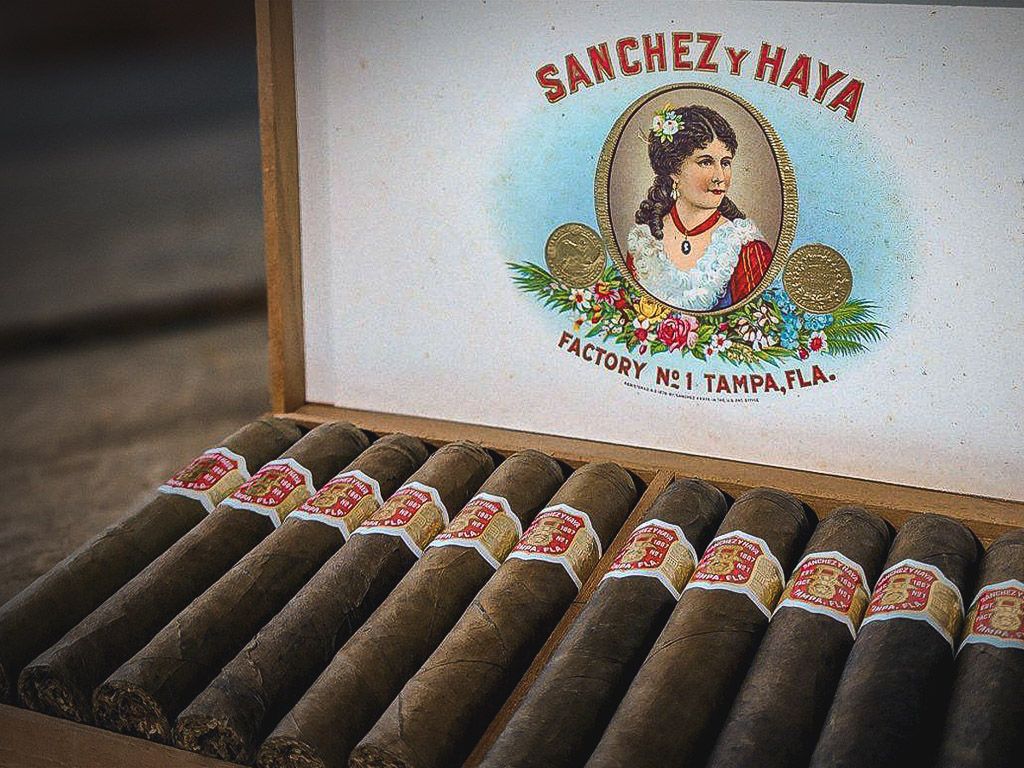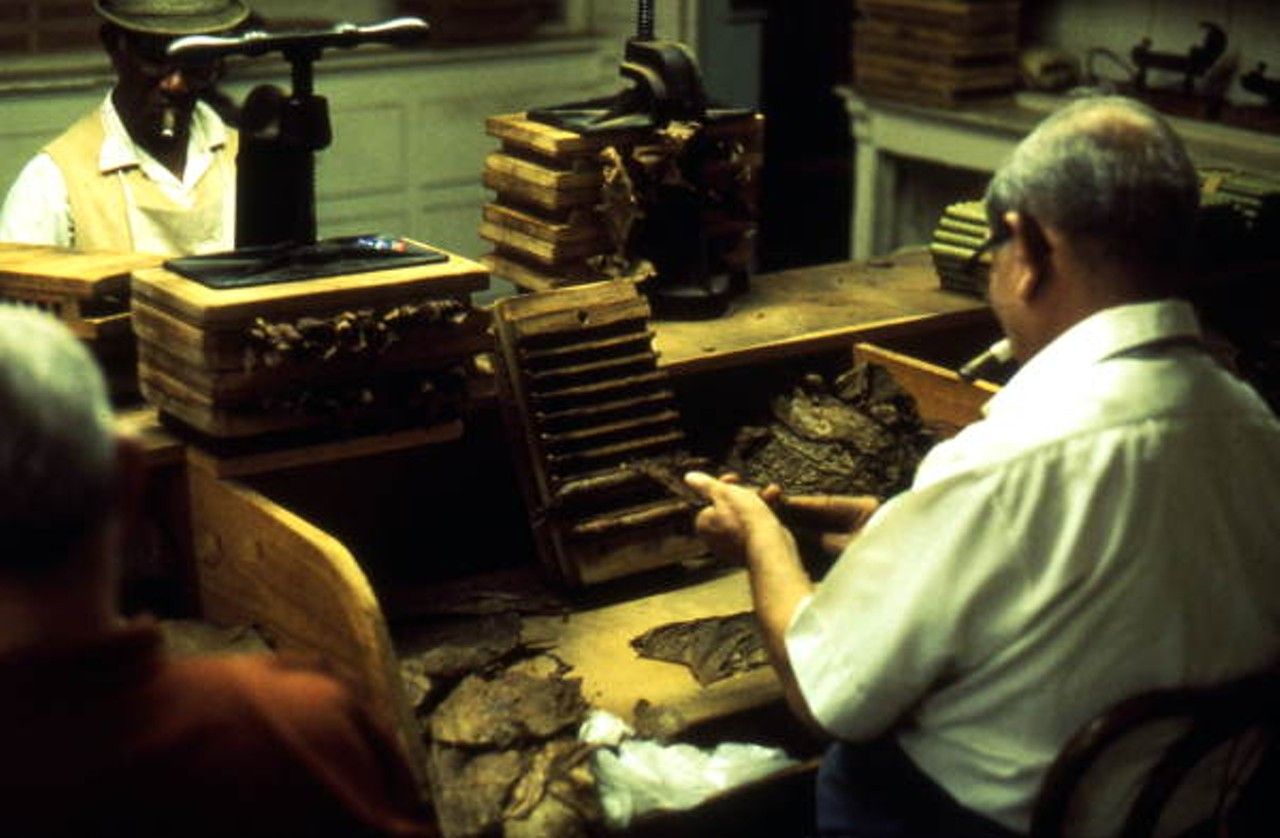How Tampa's Humble Cigars Sparked A Surprising Cultural Revolution

Once known as the cigar capital of the world at the turn of the 20th century, today, Ybor City may be a shadow of her former fame, but its smoky origins have left a lasting impact on the history of the district as a critical player in the foundational years of Tampa. Let us dive into Ybor City’s cigar history and unpack what made Tampa’s cigars famous.
Humble Beginnings of Ybor City Before the Cigar
Before she was the world's cigar capital, Ybor City was merely a dream born from a group of cigar entrepreneurs in downtown Tampa during the 1880s. They couldn’t have known they were about to create something extraordinary because, without the cigar, there would’ve been no Ybor! It didn’t take long before ideas turned into reality, with companies and factories spinning up and quickly becoming one of the biggest employers and start-up industries in Tampa, for which it later earned the name of Ybor City.
The Cigar Comes to Tampa
There are many big names in the tale of Ybor City’s cigar history. However, for the one who was lucky enough to be remembered above all else, it was the man who founded Ybor & Co. Vicente Martinez Ybor was a Spanish immigrant born in Valencia in 1818 who fled to Cuba at the age of fourteen to get out of the military service.
As a clerk, he learned the first art of cigars and had a successful career establishing himself as a world-renowned Cuban cigar manufacturer and seller. However, due to his financial aid to Cuban rebels during the 1860s Civil War, Ybor fled to Florida Keyes to resist arrest. This sudden shift led to his move to Tampa, where he had founded a dream with other cigar companies, which would soon become the famed Ybor City.

The Establishment of Ybor & Co
Ybor & Co was founded in the early stages of Ybor setting up a manufacturing town with fellow cigar makers. He was not the first to set up an industry of cigars at this plot just outside of Tampa—that trophy going to Ignacio Haya, the owner of Sanchez and Haya Co. However, it can’t be denied his company's enormous impact in the long run. The 1880s cigar industry in Ybor City was small in the beginning years. However, by the end of the 1890s, it was undoubtedly clear they were in for a gold rush, with a growing demand for their products. Unfortunately, Ybor wouldn’t see the peak of his empire as he passed away in 1896. However, his legacy and the foundation stones he put in place lived on in one way or another.
The Impact of Cigars on 19th-Century Tampa
Ybor City came from humble beginnings in 1885, quickly becoming a city of cigar factories, companies, merchants, and a large workforce of immigrants. It wasn’t just the workers who primarily came from Spain, Cuba, and Italy; it was most of the leaders running the place as well! It was also here where Tampa grew from a backstreet town into a thriving city with an industry that pulled her out of the mud through well-paid workers and a growing acceptance of difference in under twenty years. It wasn’t long before buyers rushed to get a puff on their cigar cake.
Trial and Tribulations of the 20th Century Cigar
The peak of Ybor City’s cigar industry in 1910 recorded that they made half a million cigars daily in the one hundred factories. However, despite the industry's prosperity for the first forty-five years, all golden periods can’t last. Ybor City faced a crisis during the Great Depression of the 1930s when sales and work dried up, leading to a decline in production and the closure of factories or businesses entirely. This continued well into the 1950s and to the latter half of the 20th century as cigars competed against other smoking products like cigarettes or health department regulations.

The Cigar’s Long-Lasting Cultural Impact on Tampa
Today the cigar is still an integral part of the cultural heritage of Ybor City and Tampa, even if the golden age has passed. You can still find shops selling cigars and companies making classic Ybor cigars, with the longest operation being J.C. Newman Cigars, founded in 1895. Many may look fondly back on this history and still see this inspirational story of a collection of immigrants that came to Tampa with a dream to make it big in America, which they undoubtedly achieved.
The tale of Ybor City’s cigar history is a classic example of the American Dream, where anyone can come to the land of the free for a better life. It shows that if you can capture the hearts and minds of an audience with an idea, you will be set for great things.

Comments ()